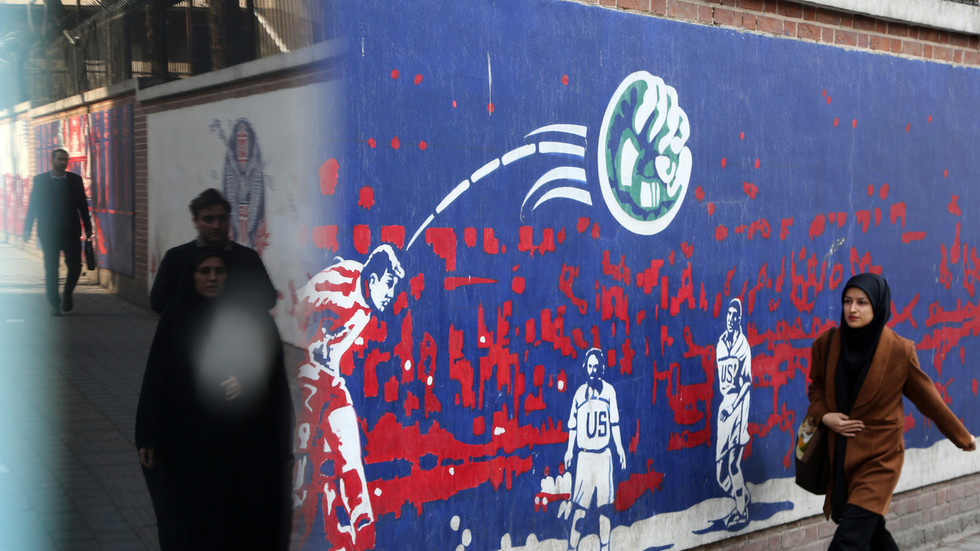The Osun State government has unequivocally declared that it will not reverse the dismissal of several traditional rulers, igniting a wave of dissent and controversy in the region.
In a statement released by the spokesperson to the governor, Olawale Rasheed, it was emphasized that the government’s decision to remove certain monarchs is final and will not be overturned. This declaration comes in the wake of a White Paper issued by the government, which nullified the selection processes that led to the appointment of certain traditional rulers.
Specifically, the White Paper ordered fresh selection processes to fill the stool of Aree of Iree and Owa of Igbajo, while also declaring the stool of Akirun of Ikirun vacant. The latter decision was made pending the determination of a pending lawsuit in the Court of Appeal.
Rasheed, in the statement, vehemently refuted claims circulating as fake news that the government was reconsidering the decisions outlined in the White Paper. He attributed these claims to the misrepresentation of facts and urged the public to disregard such misinformation.
It is important to note that the Osun government has received significant backlash in response to these actions. The Owa Oke-Ode Ruling Houses of Igbajo in Osun State, in particular, have vehemently opposed the nullification of the selection process of Oba Adegboyega Famodun as the Owa of Igbajoland.
In an unprecedented display of unity, the ruling houses unanimously contested the state government’s decision, asserting that it contradicts the customs and traditions of Igbajo. The statement from the ruling houses highlighted that all due processes were meticulously observed in accordance with the Chieftaincy Law of the land, and that the installation of Oba Philip Adegboyega Famodun as the authentic Owa of Igbajo was the rightful outcome of a legitimate process.
Furthermore, the Owa Oke-Ode Ruling Houses emphasized that the tradition of installing the Owa of Igbajo is sacrosanct and cannot be reversed, as the traditional rites cannot be performed twice. They further disclosed that aggrieved parties have resorted to legal action, underscoring their commitment to challenging the government’s decision within the framework of the law.
As this controversy unfolds, it is clear that the community’s cultural heritage and the peace it has historically enjoyed are at stake. The clash between tradition and governance is intensifying, and the future of these historic traditions hangs in the balance.



